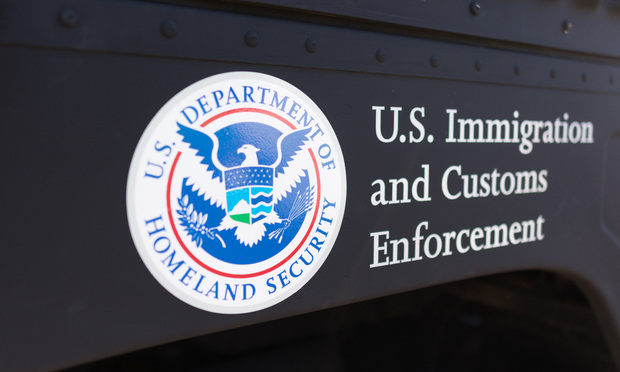 In its 2018-2019 term, the New York Court of Appeals followed much the same course in criminal law as it has the past few years. Prosecutors had more victories than did defendants; memorandum opinions were commonplace; and Judges Jenny Rivera and Rowan Wilson frequently dissented, often in lengthy opinions. A few cases stand out.
In its 2018-2019 term, the New York Court of Appeals followed much the same course in criminal law as it has the past few years. Prosecutors had more victories than did defendants; memorandum opinions were commonplace; and Judges Jenny Rivera and Rowan Wilson frequently dissented, often in lengthy opinions. A few cases stand out.
Jury Trial When Potential Penalty Is Deportation
In People v. Suazo, the Court held that a non-citizen charged in New York City with a class B misdemeanor is entitled to a jury trial under the Sixth Amendment if a conviction carries the potential penalty of deportation, even though by statute (CPL §340.40(2)) a trial is “a single judge trial.” People v. Suazo, 32 N.Y.3d 491 (2018). (Suazo was charged with attempted assault in the third degree and attempted criminal contempt in the second degree, arising out of an incident involving the mother of his children; the crimes had been reduced to attempts, and therefore B misdemeanors, presumably to avoid a jury trial.) Writing for the majority, Judge Leslie Stein reviewed the U.S. Supreme Court cases and found (1) that, as a general rule, where the maximum term of imprisonment was six months or less a jury trial is not required but (2) that a jury trial is required “where a legislature packs an offense … with [other] onerous penalties that … do not puncture the [six]-month incarceration line.” Blanton v. City of North Las Vegas, Nevada, 489 U.S. 538, 543 (1989). Deportation, Judge Stein wrote, “is a sufficiently severe penalty to puncture the six-month demarcation,” since it “may result in indefinite expulsion from the country and isolation from one’s family.”






